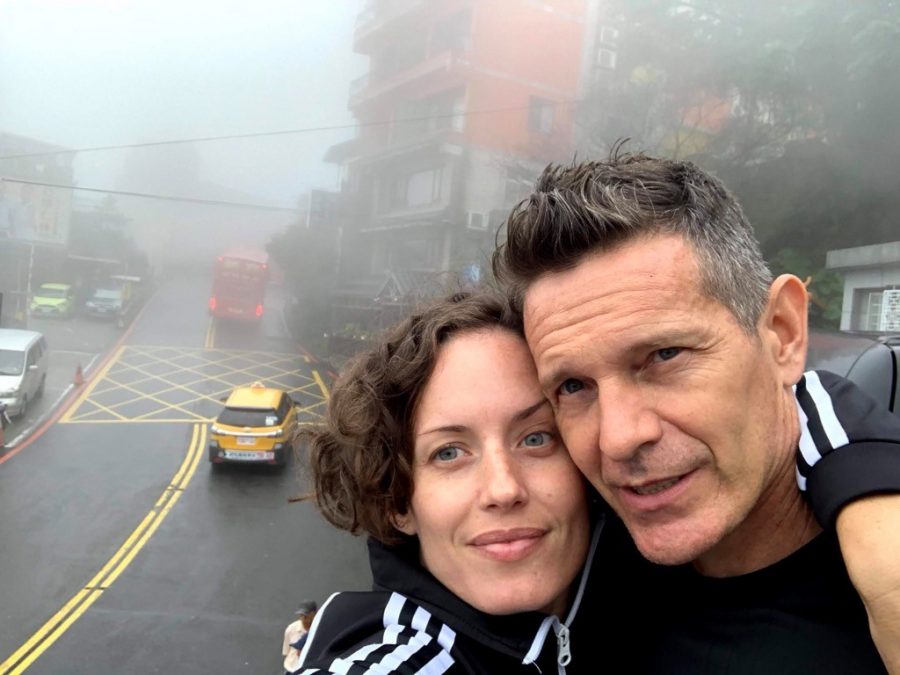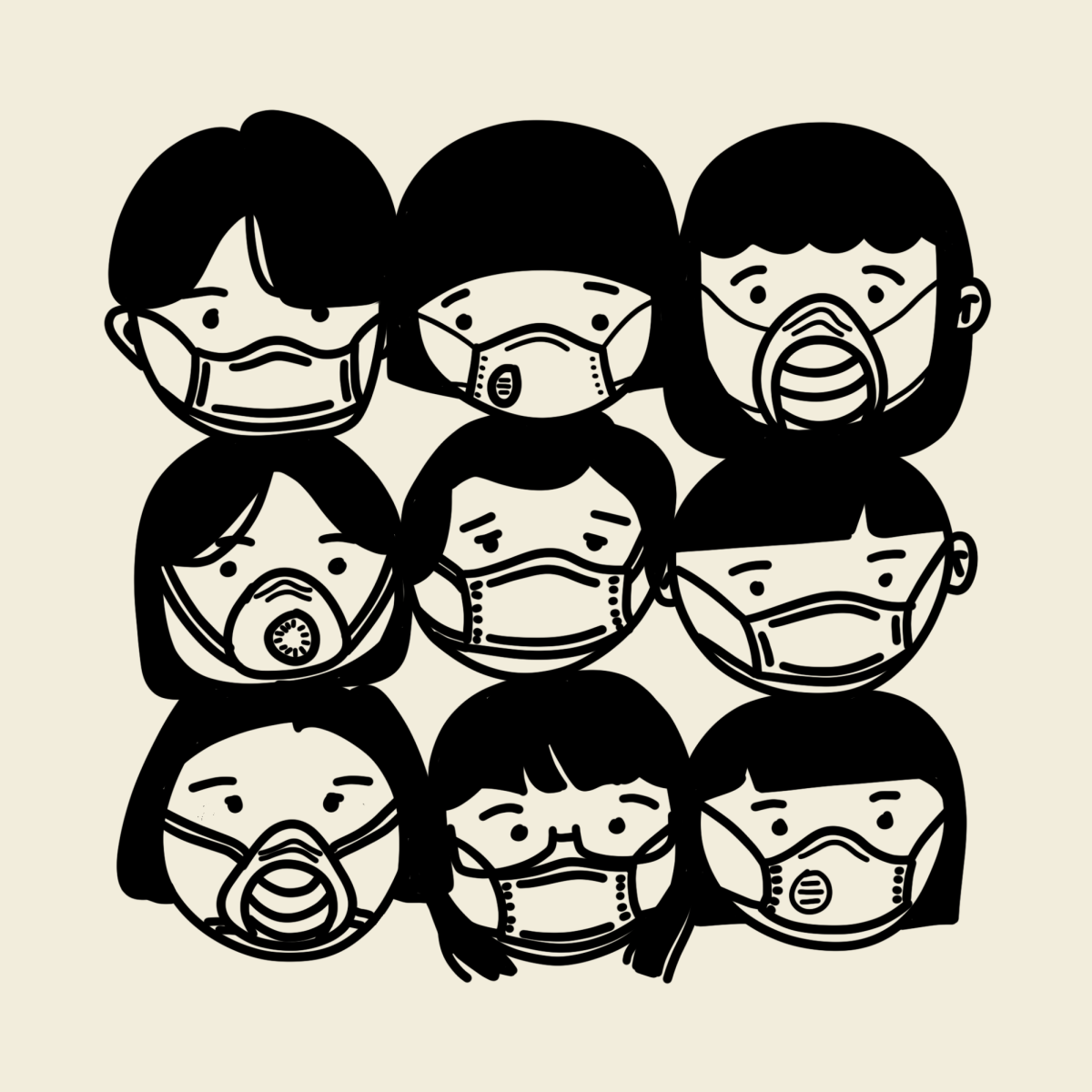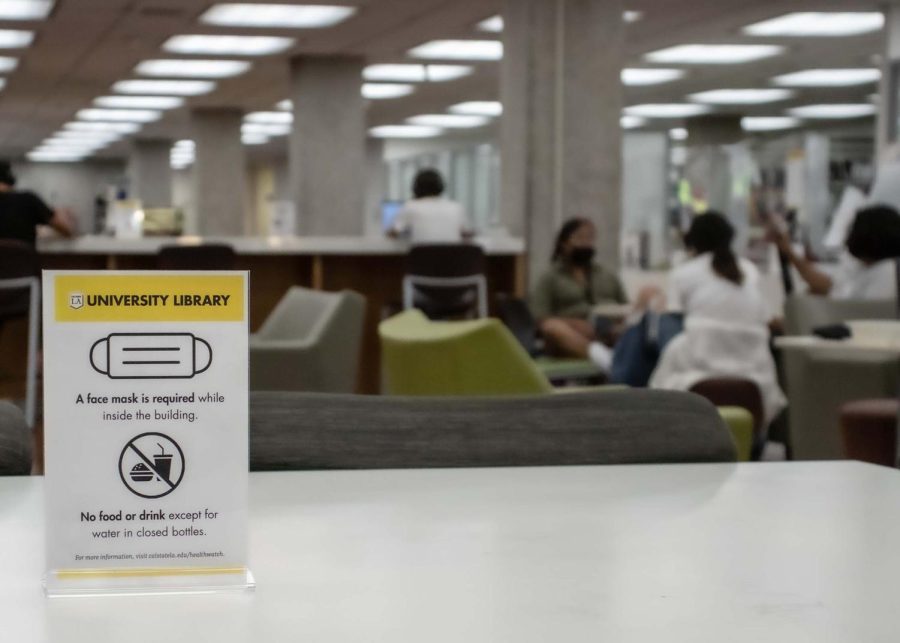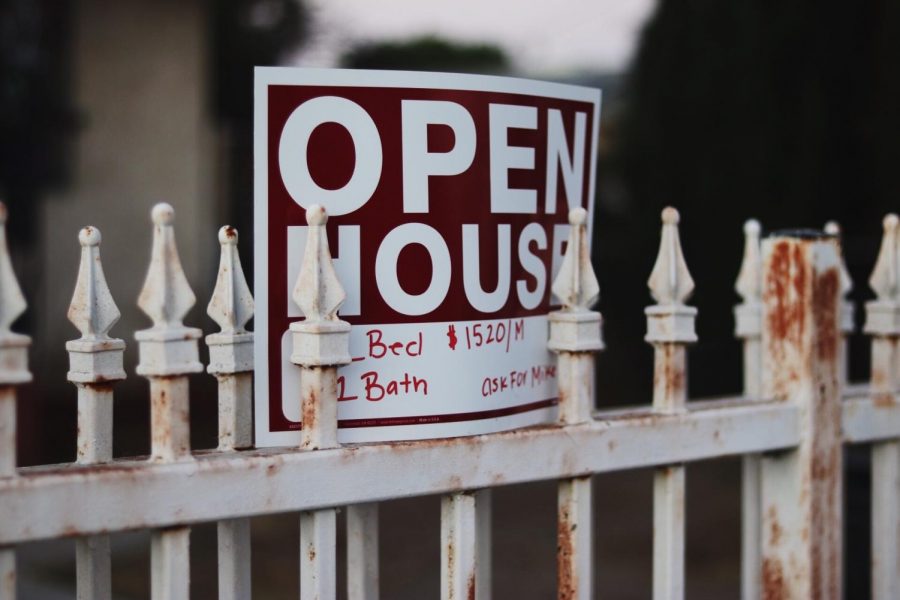After working hard for nearly a decade to build up her children’s clothing and toy shop, Monkey Pants in Little Tokyo, Mychaela Hardy was excited to spend more time at home with her daughter, who was born in November 2019.
But uncertainties for her business last year during the pandemic prevented that.
In late April, she exchanged emails with her staff about reopening.
Most of her employees either couldn’t return or weren’t available until June. She said the extra $600 per week in unemployment checks were “too good to pass up.”
“I had one employee that had started just before the shutdown and for whatever reasons, [she] was not eligible to receive unemployment,” Hardy said in an email. “She needed the work. So I had one out of three staff members willing to work when we reopened.”
She added: “Before Covid, my plan was to work in my shop less during 2020.”
It soon became clear that wouldn’t happen. She wanted the shop to survive.
The early days
Hardy spent her childhood between Phoenix and California’s central coast, hoping to someday work in fashion. She took fashion classes in college and dropped out when she was 19 so she could start exporting clothes and goods from Southeast Asia. But she had always loved Japanese style specifically.
That, and the birth of her son in 2008, led to Monkey Pants. Hardy wanted clothes from Japan for him but noticed not much was being sold in the United States.
She sensed an opportunity.
“Of course there were difficulties, but they were only due to my own inexperience,” she said. “I had to learn some things” the hard way but figured out how to best market the goods, track inventory and finances and manage employees and hours.
Hardy kept building the business in recent years, after she met her husband in the shop around September 2017.
One year later, they spent their dating anniversary in Taiwan and Japan. She said they rented a car and drove all over Japan “from Fukuoka across to Shikoku and all the way up and around and ended in Osaka.”
They cleared out shops meant for babies and kids, spending every night at a different onsen.
On that anniversary trip with her then-boyfriend, they made lifelong memories: Staying in a yurt in Naoshima, stumbling into a street fair in Kojima, touring Himeji Castle, watching the Dodgers in the World Series in a diner in the middle of the countryside.
To this day, the smallest details stay with her: The Japanese roadside rest stops, beautiful forests, picking persimmons from trees, watching tiny green frogs jump onto their car.
Hardy was living the dream and felt so fortunate. Her work was intermingled with the pleasure she got from the items she sold, the trips she took and even some collaborative work with her husband, who supplied artwork for some shirts she designed and sold.
Uncertainties
It became obvious in early 2020 that the pandemic would take a toll on the economy and on small businesses.
Hardy may have had only one employee return to work, but she was determined not to let her shop’s business and customer base dwindle.
This meant her husband, Cyril Kuhn, an artist and German language tutor, had to stay home most of the time to take care of their baby and two sons, who were learning remotely.
“I felt badly for him because it mostly fell on his plate, me being gone to work five days a week,” Hardy said. “This wasn’t what we had planned for the first six months to a year of [our daughter’s] life.”
Cyril Kuhn said he ended up with a lot less time for his own work.
“It’s difficult because I’m a stay-at-home dad and at the same time I want to continue my work,” he said. “I had to balance continuing my artwork [with] having a lot less time to be a serious artist. Somehow I found a way to do that.”
He said he was more worried about his wife and the business.
“She had to cover all these shifts she didn’t want to cover,“ he said. “It was not clear whether she could weather the storm and deal with the closures and all that. It puts a great deal of stress on our family.”
Hardy said she created new protocols to follow county health guidelines: “We do not overlap shifts anymore. One person works the whole day. We’ve only been able to allow four to eight people in the shop at a time for the past year. So we’ve distanced ourselves from each other. Our whole crew hardly sees one another. We write each other notes about work and text.”
It was also tough for the shop to get inventory. Her suppliers were experiencing major delays on shipping, and exporting and importing items, so that left huge gaps in their inventory.
Since it was harder to keep the shop’s shelves full, Hardy said she had to get more creative by offering similar items or trying new suppliers.
“That also may be why business is better [with] new and different stuff to sell,” Hardy said.
A bump in sales
Ultimately, Monkey Pants increased its revenue during the pandemic.
“My business revenues in the past two months are more than pre-Covid,” Hardy said. “I guess people were pent up and are now eager to be out shopping and dining.”
She is eager to do the same and longs for another trip to Japan once it’s safe, especially since they haven’t been able to take their kids yet.
“Traveling is how I started and how I plan to continue; my trips are what makes my store change and stay interesting,” she said. “As soon as we’re allowed to go back to Japan, we will be going.”
Community News produces stories about under-covered neighborhoods and small cities on the Eastside and South Los Angeles. Please email feedback, corrections and story tips to [email protected].













